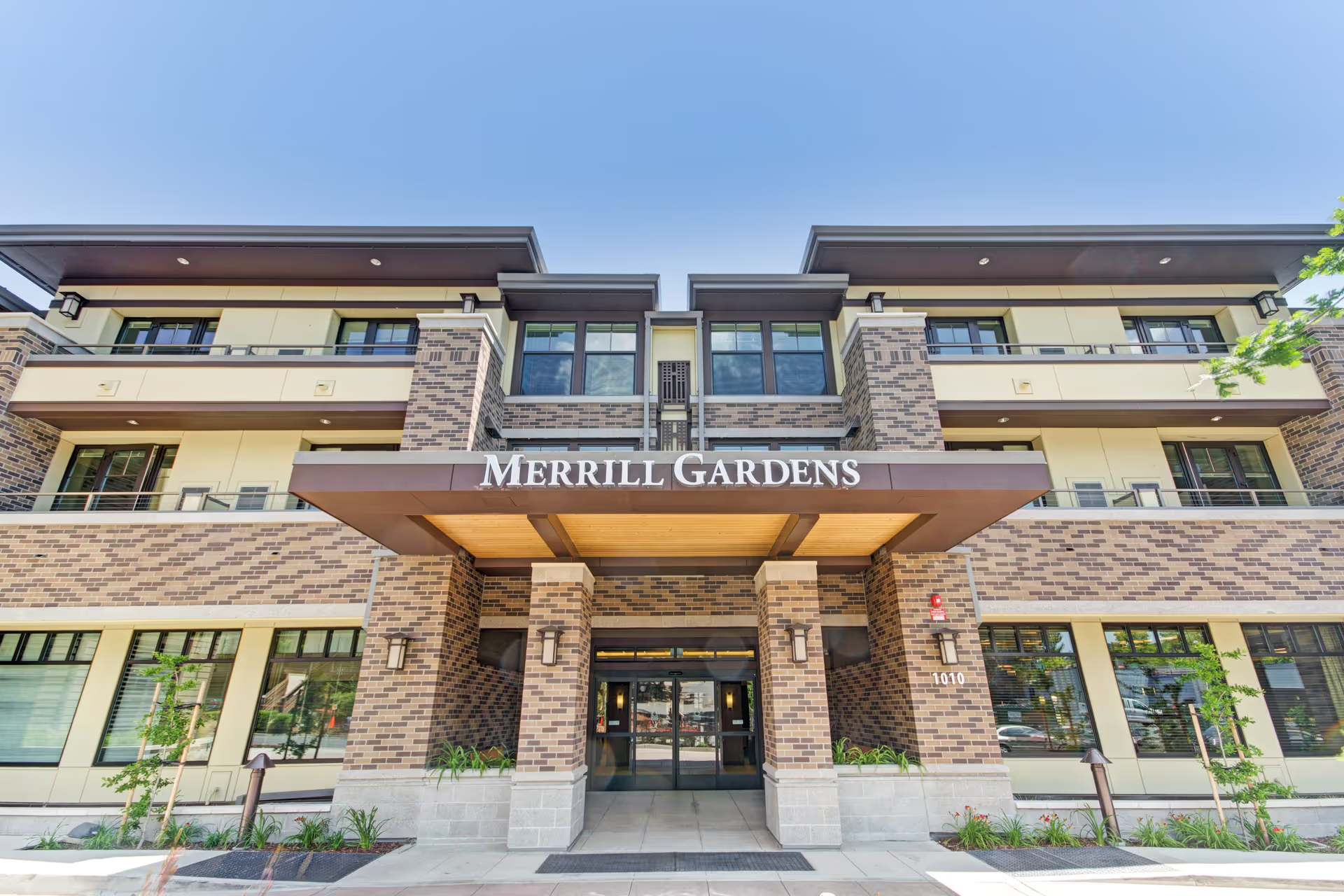Overall sentiment across the reviews for The Vineyards Healthcare Center is mixed to negative, with a number of serious safety and quality concerns balanced against several positive notes about staff and activities. Multiple reviewers reported clinically important problems — including alleged misdiagnosis, inadequate fall-prevention measures (only one bed rail), an actual patient fall causing a head injury, lack of prescribed physical therapy, and worsening bed wounds. These care-quality and safety issues are recurring themes and are cited with urgency by reviewers warning others against placing loved ones at the facility.
Care quality and clinical oversight appear inconsistent. Some families praised physician supervision and evaluations as well as staff willingness to stay after hours, but other reviews describe diagnostic errors and a failure to provide necessary therapies. Several reviewers indicated that residents spent excessive time in bed and did not receive the rehabilitative or nursing follow-up expected in a rehab clinic. There are explicit reports of wounds deteriorating under the facility's care and of a lack of physical therapy, which together suggest variable clinical attention depending on the patient or shift.
Staffing and interpersonal interactions are also described in two contrasting ways. On the positive side, many reviewers called staff nice, cooperative, available, and proactive (including staying late). The facility runs activities such as bingo, arts, and parties, which some families appreciated. On the negative side, there are repeated comments about poor staff communication, unprofessional attitudes, and inadequate follow-up when problems arise. This inconsistency suggests that while individual staff members can be caring and dedicated, systemic communication or management issues may undermine reliable service delivery.
Facility conditions are another area of conflicting reports. Some reviewers said rooms were nice, clean, and smelled fine, while others described the facility as filthy and reported bug infestations and overcrowded rooms. Several people noted that shared rooms were small and felt hospital-like rather than homelike. These polarized impressions imply variability across units or time periods — some parts of the facility may be maintained adequately while others suffer from cleanliness and capacity problems.
Administrative and billing issues are a notable concern. There is at least one report of the facility billing for eye medication that a resident never received, and others reported missing personal items with no reimbursement policy or meaningful follow-up from management. Families reported paying out of pocket to replace lost items. While Medicare coverage was noted as a positive, administrative lapses around billing, personal property, and follow-up erode trust and add financial burden to residents' families.
Amenities and daily living elements are mentioned but not uniformly positive. The activities program is a clear plus for some residents, but meal experiences were generally limited in mention and not described as a strong point. Noise and disruptive behavior by other patients (yelling and begging for water) were highlighted, which can negatively affect quality of life and sleep for other residents. Several reviewers also characterized the environment as closer to a psychiatric hospital than a rehabilitation clinic, which could reflect the patient mix or atmosphere and may not align with family expectations for a rehab setting.
Taken together, the reviews indicate a facility with capable and compassionate staff members and a functioning activities program, but with significant, recurring problems around clinical consistency, patient safety, cleanliness, and administrative reliability. If considering The Vineyards Healthcare Center, prospective residents and families should conduct thorough, in-person inspections (including multiple units and meal times), ask detailed questions about fall prevention and wound care protocols, verify the availability of physical and occupational therapy, review the facility's policy on missing items and billing errors, and request recent inspection or infection-control records. Several reviewers issued strong warnings not to send loved ones to the facility, so verifying current conditions and speaking directly with current residents’ families or care managers is strongly advised before making placement decisions.







